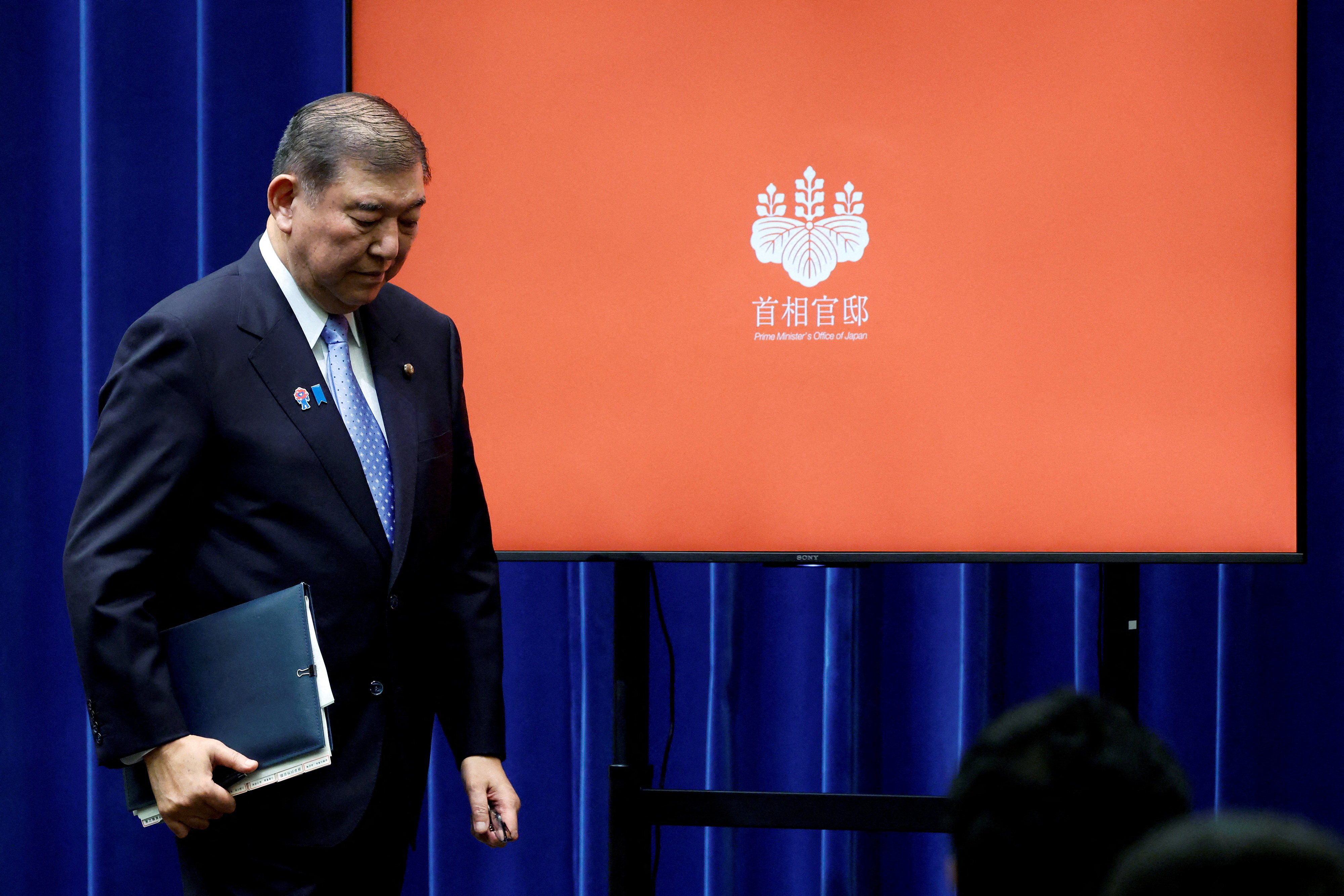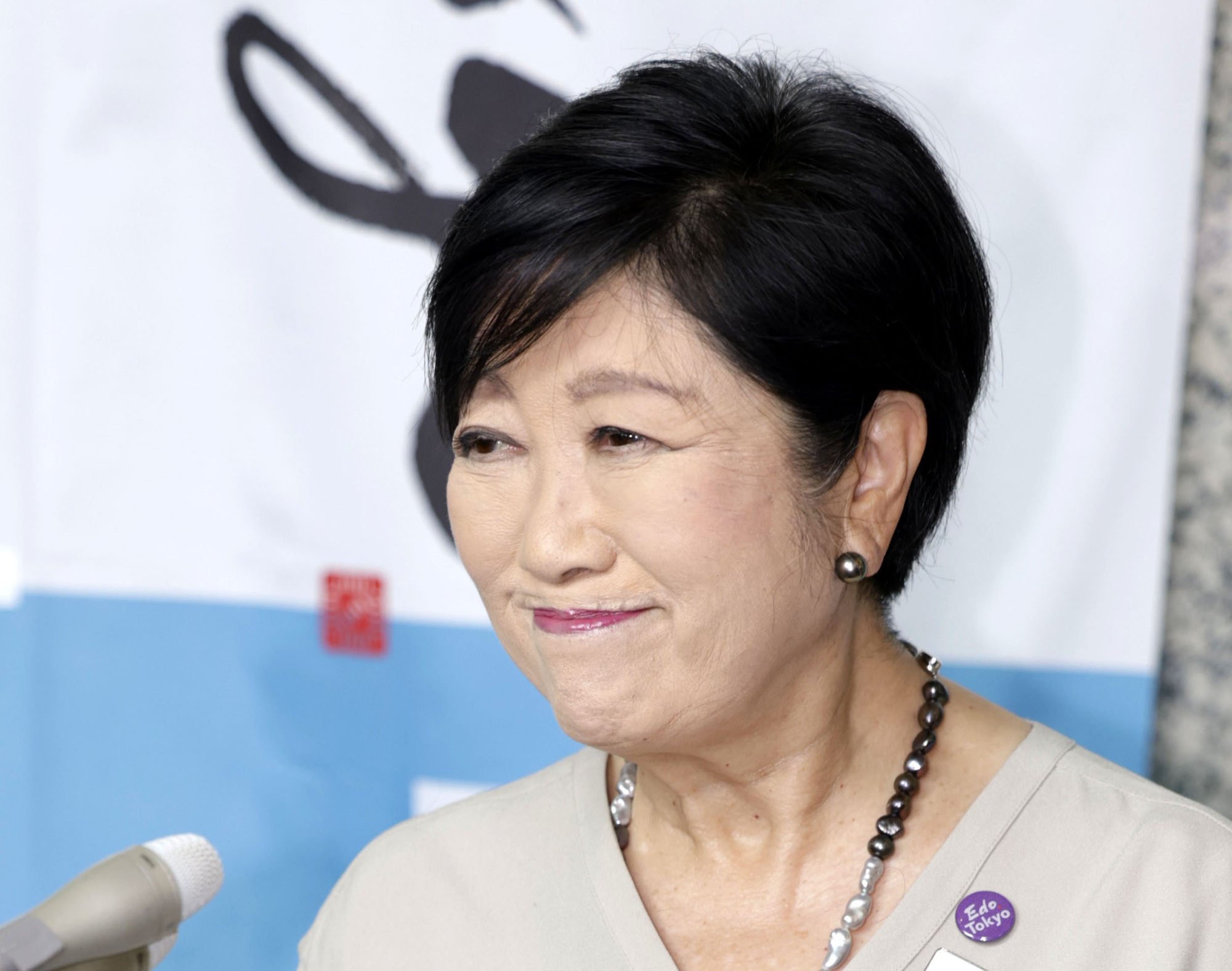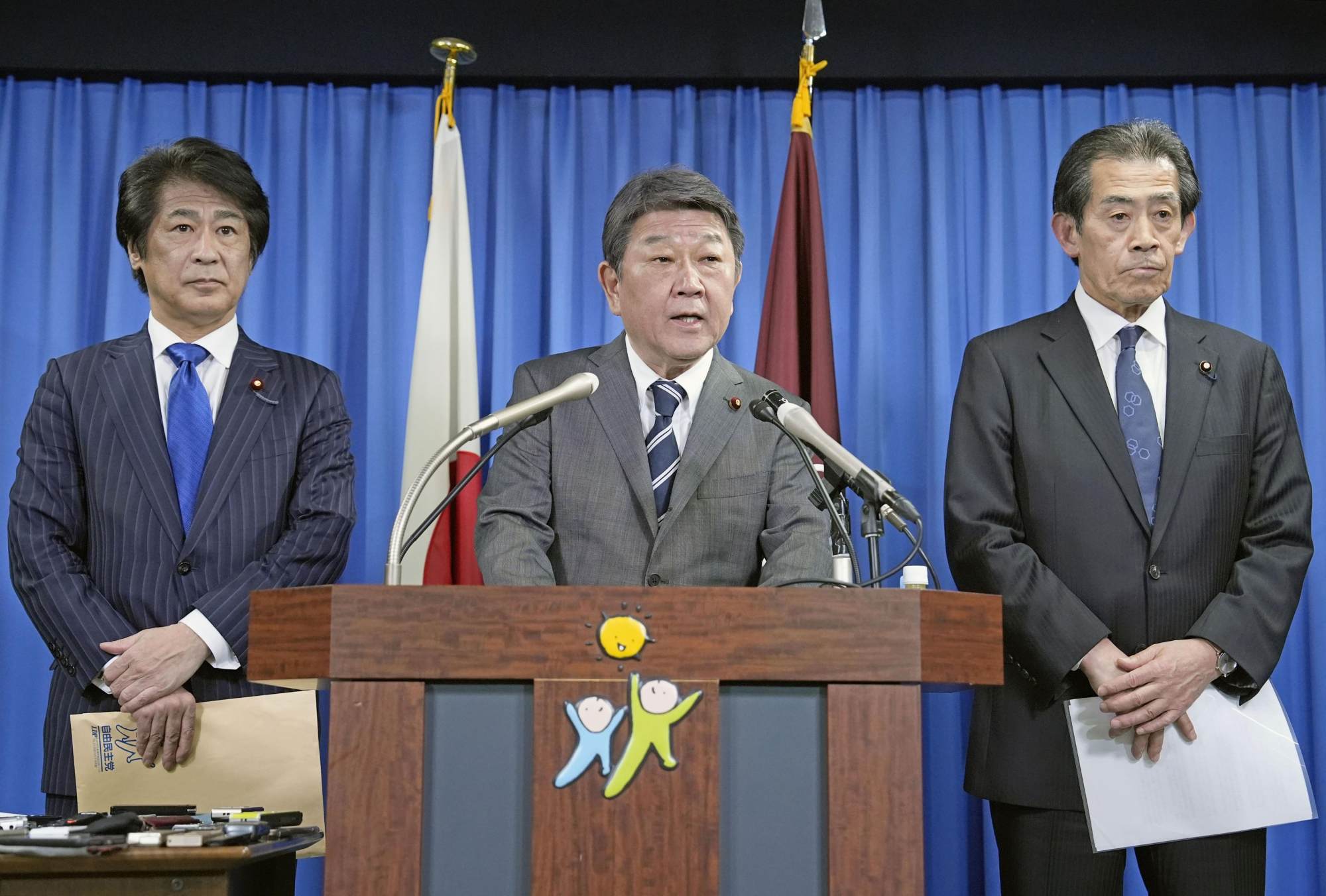Japan’s revolving-door prime ministers: is Ishiba next?
After less than a year in office, Shigeru Ishiba is already under pressure following an abysmal showing for his party in a Tokyo election

A stinging electoral rebuke has left Japan’s Liberal Democratic Party (LDP) reeling and Prime Minister Shigeru Ishiba’s leadership in jeopardy, intensifying doubts about his future and raising the spectre of a broader collapse for the ruling party ahead of a national vote next month.
On Sunday, the LDP secured just 22 seats – one fewer than its previous record low in 2017 – amid mounting public anger over political funding scandals and growing economic anxieties. The result has fuelled rumours that Ishiba could be compelled to step down should the party’s fortunes fail to recover in the coming upper house election.
“This is a very severe result for the LDP and even worse than many were predicting,” said Hiromi Murakami, a professor of political science at Temple University’s Tokyo campus.
“Unfortunately for Ishiba, the results of Tokyo metropolitan elections statistically tend to be precursors of national elections,” she told This Week in Asia. “If he does as badly in the upper house election, then it is very probable that he will have to resign.”
Ishiba, who has occupied the prime minister’s office for less than a year, could trigger fresh political instability if forced to resign so soon. Such a move, Murakami warned, might plunge Japan back into the familiar pattern of revolving-door leaders, each serving scarcely a year.
In Sunday’s vote, the LDP lost eight of its seats, while its coalition partner Komeito claimed 19. Meanwhile, Tomin First no Kai – a regional party founded by Tokyo Governor Yuriko Koike and long a thorn in the LDP’s side – secured six additional seats, bringing its total to 32 in the 127-seat assembly.

The national opposition’s presence also grew. The Constitutional Democratic Party of Japan secured 17 seats, while the Democratic Party for the People continued its ascent by capturing nine seats – its first ever in the Tokyo assembly.
Among the newcomers is Sanseito, an emerging far-right populist party, which won three seats on pledges to curb immigration. However, it has yet to forge any meaningful alliances within the chamber.
Murakami suggested that lingering public resentment over a political funding scandal involving the LDP’s Tokyo chapter had played a role in shaping voter sentiment. Twenty-six current and former party members failed to report some 29 million yen (US$197,000) raised at fundraising events in 2019 and 2022.
The scandal deepened as more than half of the LDP’s sitting Tokyo members were implicated, with surplus funds channelled into operational expenses but not properly disclosed. Although prosecutors indicted only an accountant, the episode followed a broader slush-fund scandal within the national LDP and reinforced perceptions of impunity amid the party’s slow response.
“The LDP promised that it would look into these finance scandals, both at the national level and in Tokyo, but that has not really happened,” Murakami said.

Beyond political accountability, voters are also contending with surging prices for essential goods – especially rice – while trade talks with the United States remain stalled and Japan’s auto industry faces declining sales in its most important export market.
“One of the biggest disappointments is that people had hopes for Ishiba because he was not your typical LDP politician. He promised to tackle the issues that needed to be addressed and he said he would deal with the fundamentals to make people’s lives better,” Murakami said.
“But the hope that he would be different and take a line more independent of the LDP’s usual way of doing things did not last long,” she added. “He quickly went back to the old way of doing things, the LDP’s old values.”
Toshimitsu Shigemura, a professor of politics and international relations at Tokyo’s Waseda University, agreed that the funding scandals weighed heavily on the LDP in the Tokyo election.
“Ordinary people are angry, disappointed or both,” Shigemura said. “The financial scandals have been bad, but people are also unhappy that the LDP seems to have no policies to help solve the nation’s problems.
“I think it is reasonable to expect the LDP will do poorly in the upper house election next month, and if the party suffers a clear defeat, then it will be very hard for Ishiba to maintain a majority, even with allied parties.”
But Ishiba may yet cling on to the leadership – if only because the party lacks a clear successor.
“There is simply no obvious successor to him right now,” Shigemura said.
Now was not the moment for LDP rivals to challenge Ishiba, Shigemura argued, adding that they appeared content to let him absorb the party’s woes while biding their time.
“If the upper house election goes as badly as many people are expecting for the LDP, maybe it would be better to leave Ishiba in control of whatever is left so that when the party’s position has improved slightly, they can then step in,” he said.